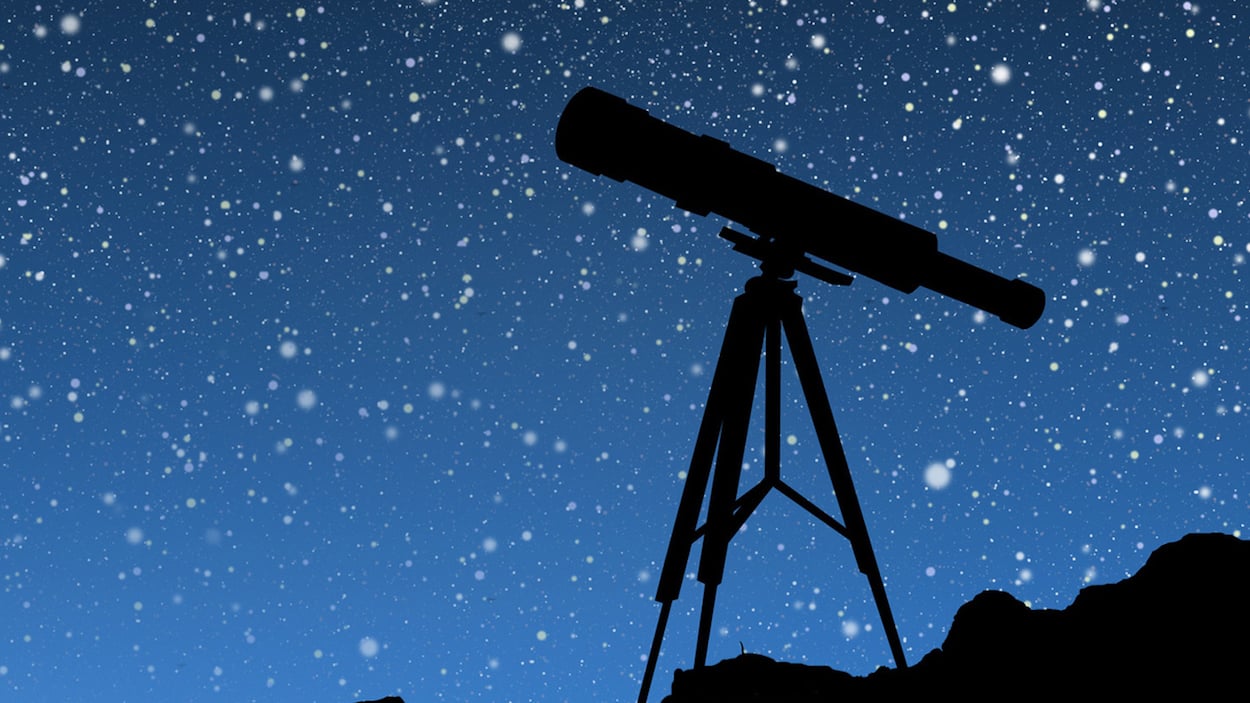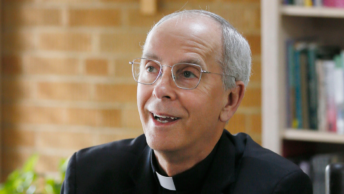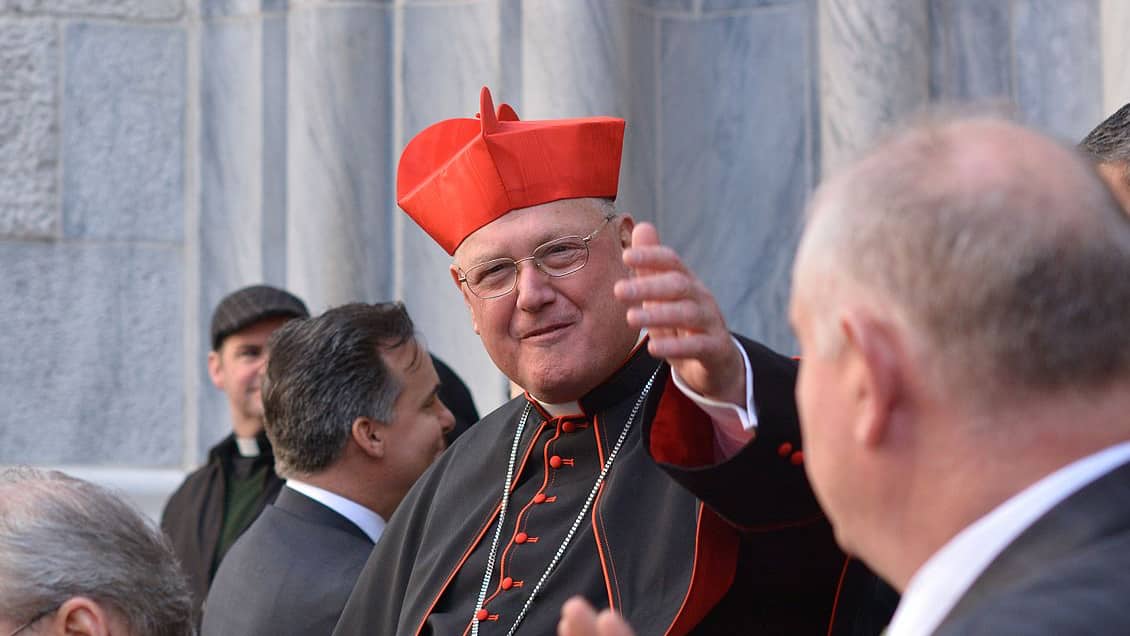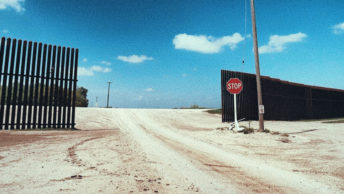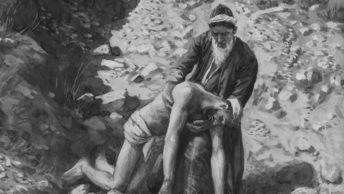We have all read about situations like the coronavirus in science fiction novels but now, in 2020, it is actually happening. I saw pictures of airports like O’Hare in Chicago where hundreds of travelers were standing around trying to figure out if they had a flight out or whether they would be stranded for hours or days. Our infrastructure is not designed for breakdowns like we are experiencing now. It almost seems like the Bubonic Plague of the 21st Century.
Action is being taken at many levels. Closing schools, canceling sporting events, golf tournaments, and sending workers home are all designed to slow the spread of the coronavirus but in no way cures it. Apparently, there is no cure. Actually, we do not even have enough kits to test people for the coronavirus. All we can do is react to eliminate crowds and hope that warmer weather will slow or stop the spread of the virus until we can develop a cure for it.
Actually, I ask myself how something like this can occur? At many levels our world is shrinking. We are frustrated and confused as migrants climb fences at our Southern border to leave Mexico and enter the United States. They risk their lives to travel through barren desserts and snake-infested land to leave their former homelands. But travel for many businessmen and women is just as complicated. Waking up in New York, many business people have passports that allow them to travel to Europe and Asia almost as easily as our grandparents would have done just going to work at the local factory. Given this, for example, anything in Dubai that would have stayed in Dubai years ago is now a potential threat to other areas of the world.
Sporting events have become international. The NFL now plays games in England. The players become exposed to the local populace and we assume that they are safe. But are they?
Companies have built factories and distribution centers all over the world. Products are not made from local materials any longer. Cars, for example, are sub assembled at a factory in Alabama with parts that were made in the Far East and, eventually, the car could be shipped to Europe. Nothing is truly local any longer. Hence, the ever-growing potential threat of sickness, disease and germs traveling from country to country.
We vaccinate our citizens and think that we have controlled a specific disease. But have we? Actually, no. With millions of immigrants moving about in our country and no plan to control their health, we have no idea what could actually spread quickly in our streets. The days are gone when our children live and grow in a local environment. Students from New Jersey go to school in California and students from California could be enrolled in a program of international studies in England.
Truly, our world today is smaller than ever before. The most deadly disease could be easily transmitted from one country to another through international travel especially if the disease had a period where the symptoms were delayed by even as little as 24 to 48 hours. Is there any way to stop such a thing from happening? Probably not. The cost to vaccinate and screen travelers would be staggering. Millions of cars travel back and forth each day from Mexico to Texas and vice versa and the same travel occurs daily from Canada to the United States and back. Travel in Europe is by train, plane, cars and buses. There is even a tunnel now between England and France.
As we move forward in the 21st century, the only thing that we can do is to become more vigilant between countries as we monitor the spread of sickness and disease. Agencies like the Centers for Disease Control should play a larger role. Getting a passport may in the future contain some documentation as to the type and timing of specific shots, but, obviously, does little to prevent illegal movement of people across borders. If we learn anything from the coronavirus it should be that our world is getting smaller and we must be prepared to deal with more corona-type viruses in the future.

